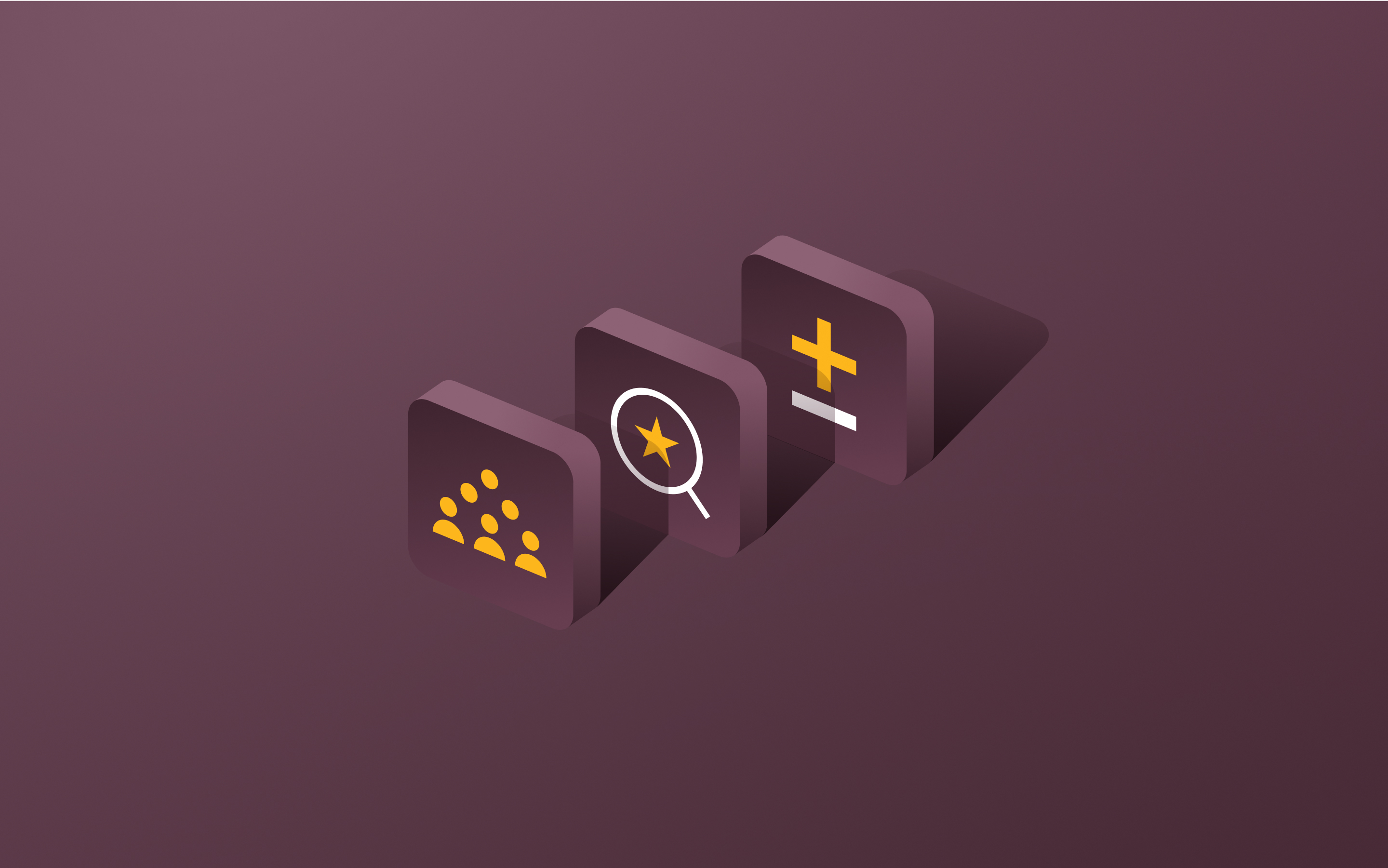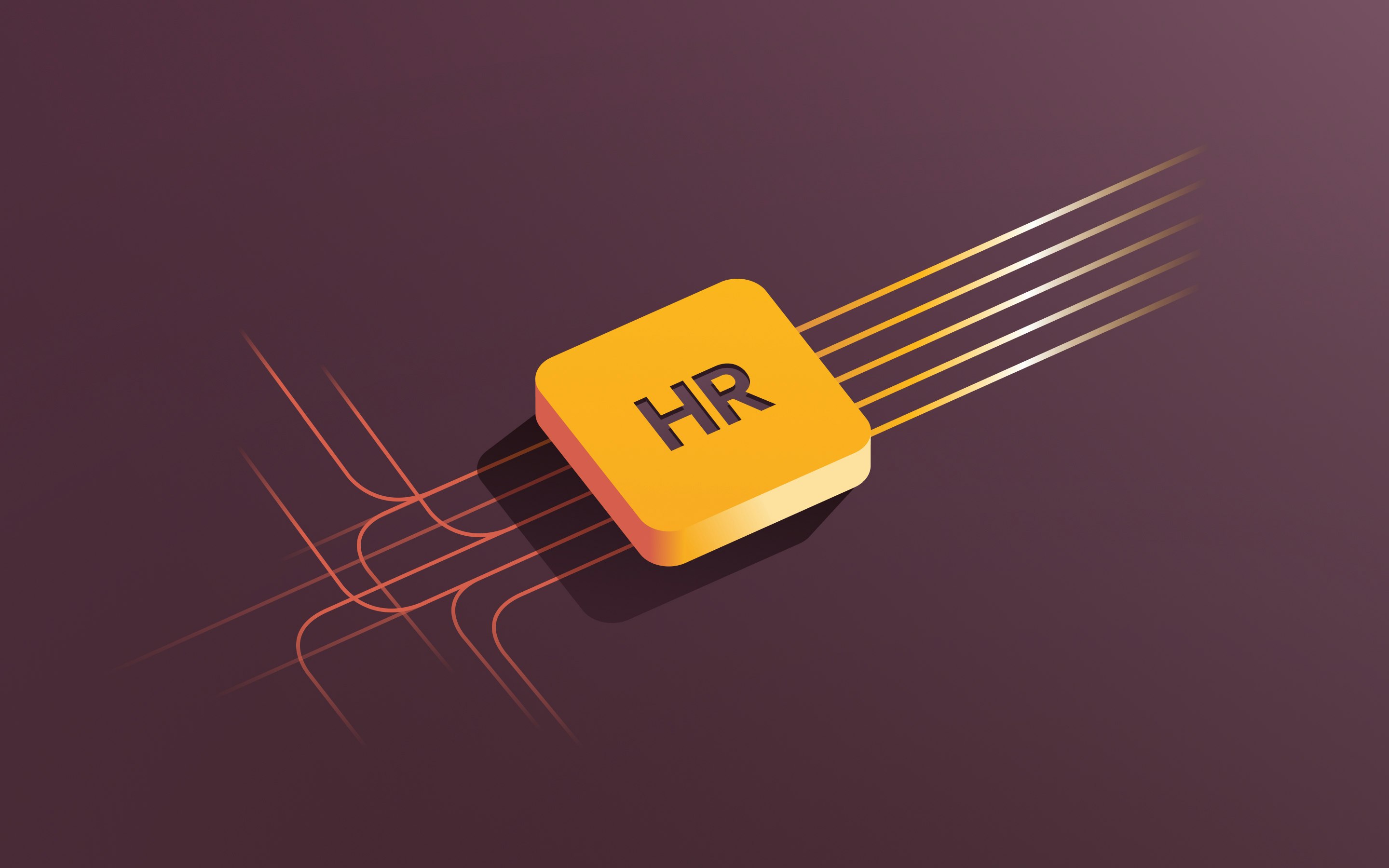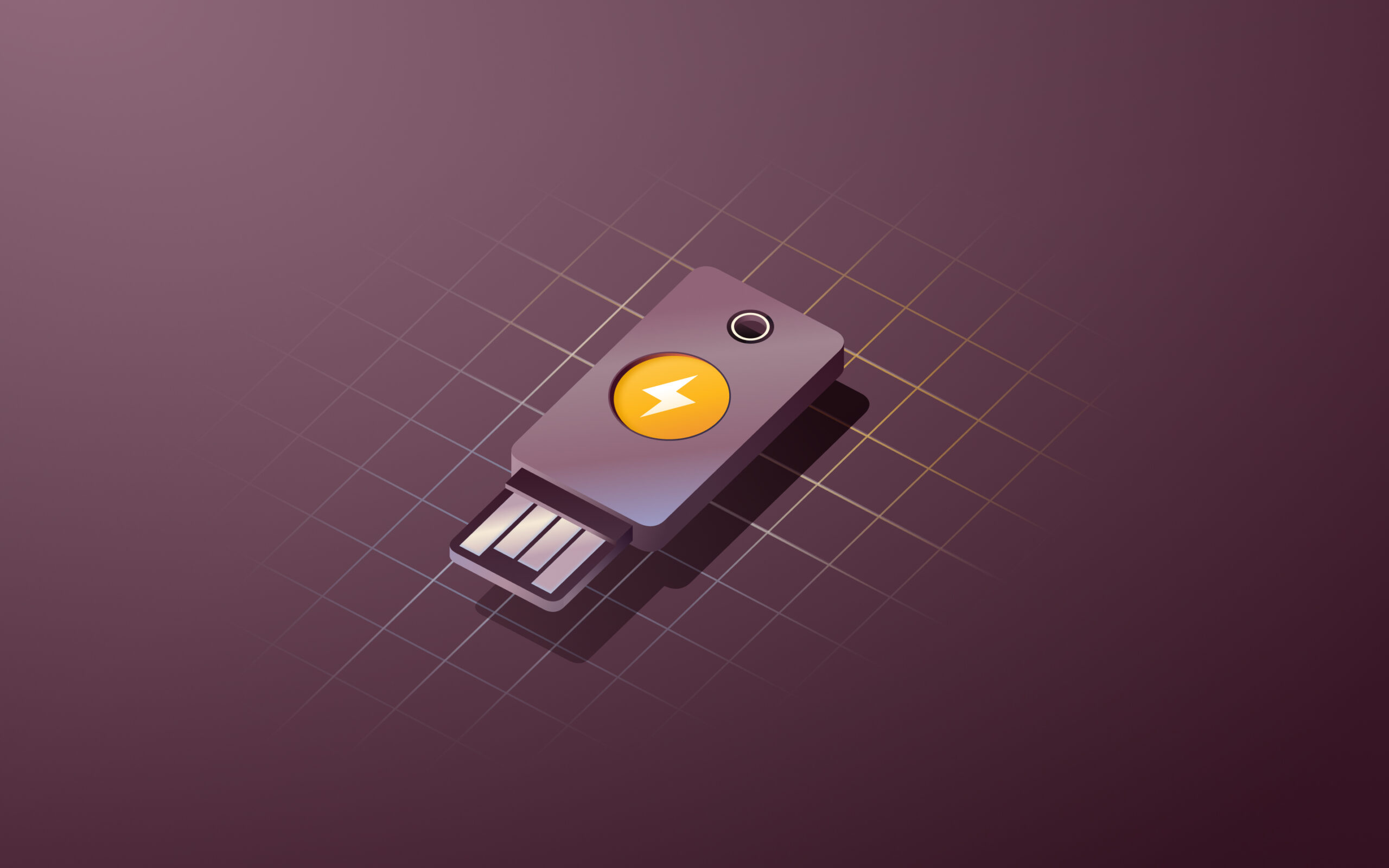12 best AI recruiting tools: A guide for HR managers

HR departments are increasingly being asked to do more with less, and that includes recruiting top talent quickly and efficiently. To keep up, many companies, big and small, are turning to AI recruiting tools to streamline hiring workflows and optimize talent acquisition.
In this article, we'll dive into the benefits of AI in recruiting, explore the best AI recruiting software, and provide essential tips for HR professionals, recruiters, and hiring managers on finding the right AI recruiting software.
Why should you use AI tools for recruiting?
AI is changing the way businesses run, helping employees complete many tasks more quickly so they can spend more time on problems that only humans can solve. HR departments are no exception. By tapping into AI hiring tools, HR professionals, hiring managers, and recruiters can automate repetitive tasks, make data-driven decisions, and shift their focus to strategic hiring goals. Here are some of the key benefits of using AI recruiting software:
Saving time by automating manual tasks
Anyone who’s worked in recruiting knows how much tedious work goes into hiring every role. From writing job descriptions and sorting resumes to scheduling interviews and compiling hiring team feedback, it can feel like repetitive tasks take up your entire job. That’s where AI comes in. AI recruitment tools can automate many of these repetitive, manual tasks, allowing HR professionals to focus on strategic work, like engaging top candidates and exploring new recruiting pipelines.
Enhanced candidate matching
AI recruiting software can improve your HR team’s matchmaking abilities by using algorithms to match candidates’ skills, experience, and cultural fit to each open role. AI can even analyze past hiring data, successful employee profiles, and job descriptions to surface the most qualified candidates in your applicant pool. This reduces the time spent on screening and while helping you deliver better quality candidates.
Reduced bias in hiring
One of the most promising benefits of AI hiring tools is their potential to reduce unconscious bias in recruiting. By relying on data-driven algorithms rather than human intuition, AI can help remove bias related to gender, ethnicity, age, and more. Ultimately, this leads to greater diversity and improved team performance.
Data-driven insights and analytics
AI-powered recruiting tools can give HR managers valuable data and insights throughout the entire hiring process. They can help measure and track data from candidate interactions and application drop-off rates to time-to-hire and applicant diversity, helping companies optimize their hiring processes. AI can also offer predictive analytics to forecast hiring trends and prepare for future talent needs.
Challenges of using AI in hiring
Like all AI tools, there are challenges to consider with AI hiring software. Here are a few limitations to consider:
- Algorithmic bias: If recruiting software is trained on a company’s existing successful employees, it can perpetuate existing bias. Look for software that’s transparent about its data and how often it retrains its AI to eliminate bias.
- Loss of human judgment: Without a human behind the screen, qualified candidates may be overlooked. AI tools can quickly process large amounts of data, but still struggle to interpret creative portfolios or non-traditional work experience. It’s important to balance the efficiency of AI with the judgment of human recruiters.
- Privacy concerns: AI recruiting tools often process large amounts of candidate data, raising privacy concerns. Employers must ensure compliance with local data protection laws, invest in cybersecurity measures, and keep their systems updated to safeguard against new and emerging threats.
12 best AI recruiting tools
With the number of new AI-powered solutions, choosing the right tool for you and your team may seem overwhelming. We’ve put together a list of some of the best AI tools for recruiting to help you make an informed decision:
1. Rippling
Rippling’s recruiting software uses AI to streamline feedback during the hiring process. While other platforms have space for ratings and free text responses, Rippling goes one step further with customizing your feedback forms so you get better feedback. Then, Rippling uses AI to gather all the feedback and output a summary of the candidate’s pros and cons. This AI-powered summary gives you a quick and helpful overview of the candidate.
2. Juicebox
Juicebox offers AI tools for recruiters, such as PeopleGPT, an AI candidate-sourcing tool. PeopleGPT transforms plain-English prompts (e.g., “staff-level backend engineer in NYC with fintech") into an AI-ranked shortlist drawn from more than 800 million profiles, complete with fit scores, personalized outreach sequences, and one-click sync to your ATS. Juicebox allows recruiters to leverage AI to source qualified candidates and improve productivity. It fits neatly alongside other AI tools for recruiters while doubling as an AI recruiting tool for HR teams, including talent discovery, engagement, and analytics in one platform.
3. HireVue
HireVue is an AI-powered video interview platform that allows candidates to record answers to pre-set questions. It uses AI to analyze candidates’ skills, behaviors, and job-specific competencies. Hiring managers can set filters to advance or reject candidates based on their AI score automatically, or they can simply use HireVue’s analytics to gain insights for human review.
4. Paradox
Paradox offers a conversational AI assistant named Olivia to automate scheduling, screening, and answering candidate questions. Paradox is particularly useful for high-volume hiring since it lets recruiters engage with multiple candidates simultaneously. It also integrates seamlessly with leading applicant tracking systems (ATS), making it easy to incorporate into existing workflows.
5. Pymetrics
Pymetrics uses gamified behavioral assessments to test candidates’ soft skills and evaluate for potential rather than just work history. It’s particularly useful for companies focused on hiring candidates with strong leadership and problem-solving skills. Pymetrics can also help reduce bias by using objective standards to rank candidates rather than relying on resumes alone.
6. Lever
Lever combines AI-powered candidate sourcing tools with ATS functionality, letting your talent team manage the entire recruitment process in one place. Its AI-driven talent database helps recruiters find passive candidates and match them to relevant roles. Lever also offers robust analytics, helping companies make data-driven hiring decisions.
7. hireEZ
hireEZ is an AI sourcing tool that helps recruiters find and engage with candidates across multiple channels, including social media, job boards, and resume databases. Its AI algorithms can identify passive candidates and rank them based on relevance to the job description. HireEZ also provides candidate engagement tools, such as automated outreach templates.
8. Mya Systems
Mya Systems is a conversational AI platform that automates candidate engagement throughout the hiring process. It can pre-screen candidates, schedule interviews, and answer common candidate questions, saving recruiters valuable time. Mya integrates with many ATS platforms and provides analytics on candidate engagement and sourcing efficiency.
9. Eightfold AI
Eightfold AI uses deep learning and predictive analytics to match candidates with open roles based on their skills, experience, and potential. It’s particularly suited for large organizations as it offers comprehensive talent management and integrates with major ATS and HRIS platforms.
10. XOR
XOR is a conversational AI tool specifically designed to recruit blue-collar workers. Using digital marketing, virtual career fairs, and employee referrals, XOR finds candidates who are not on traditional job boards. It handles tasks like interview scheduling, screening, and follow-ups via chatbots and text messaging, putting qualified candidates directly on recruiters’ calendars.
11. Fetcher
Fetcher is an AI-powered recruiting tool that automates candidate sourcing and outreach. It scans job boards, LinkedIn, and other databases to find passive and active candidates that best suit your open roles. Fetcher’s AI also automates personalized outreach emails to candidates, so you only need to engage with candidates who have expressed interest, allowing you to focus your time on the best candidates.
12. Ideal
Ideal is an AI-driven recruitment tool that matches your company with vetted flexible workers and automates the entire hiring, payroll, and compliance process. From filling last-minute employment gaps, staffing for an event, or hiring seasonal workers, Ideal gives you access to qualified workers on demand.
How to choose the right AI hiring tools
When choosing an AI recruiting tool, keep in mind the specific needs of your team and organization. Here are a few factors to consider:
Automated resume screening and parsing
Do you feel buried in resumes every time you open a role for hiring? Look for AI sourcing tools that can accurately screen resumes, identify key skills, and rank candidates based on their qualifications.
Candidate matching and ranking
AI tools can match candidates to open roles based on their experience, skills, and qualifications. To streamline your hiring process, choose an AI hiring tool that offers robust candidate matching and ranking capabilities.
Customization options
Your hiring needs are unique, so remember to choose an AI recruitment tool that offers customization options. Whether it’s tailored screening questions, chatbots, customizable candidate scoring, or flexible workflows, the software you choose should be able to adapt to your specific recruiting needs and hiring processes.
Integrations
When choosing an AI recruiting tool, ensure it seamlessly integrates with your existing ATS or HRIS platforms. Easy integrations are essential to streamline workflows and prevent data silos.
Talent pool management
A good AI recruiting tool should help you build and maintain a talent pool for future hiring needs. Look for features that enable you to foster relationships with candidates, track their progress, and engage them with personalized communication.
Conclusion
The hiring landscape is ever-changing, and AI recruiting tools are becoming more and more important to keep up with the competition and optimize the recruiting process. From automating repetitive tasks to reducing bias, AI hiring software can help recruiters make better, faster, more data-driven decisions.
Frequently Asked Questions
What is AI recruiting software?
AI recruiting software refers to tools that use artificial intelligence and machine learning to automate and optimize the recruiting process. These tools can screen resumes, rank candidates, automate candidate outreach, and provide insights into candidate profiles.
How can I use AI for recruiting?
Your HR team can use AI for a variety of recruiting tasks, like automated resume screening, candidate sourcing, pre-screening applicants, and providing data-backed insights into hiring practices.
Will AI take over recruiting?
While AI can automate much of the hiring process, it’s unlikely to replace human recruiters completely. AI is great at handling repetitive tasks, but human insights and judgment are essential for building relationships with candidates and making final hiring decisions.
Which companies use AI for hiring?
Leading companies are turning to AI to optimize their talent acquisition and recruiting processes. For example, Amazon, Unilever, and Dominos all use AI recruiting tools to streamline their hiring processes. AI helps these companies improve efficiency, reduce time-to-hire, and enhance candidate experience.
This blog is based on information available to Rippling as of June 9, 2025.
Disclaimer: Rippling and its affiliates do not provide tax, accounting, or legal advice. This material has been prepared for informational purposes only, and is not intended to provide or be relied on for tax, accounting, or legal advice. You should consult your own tax, accounting, and legal advisors before engaging in any related activities or transactions.









